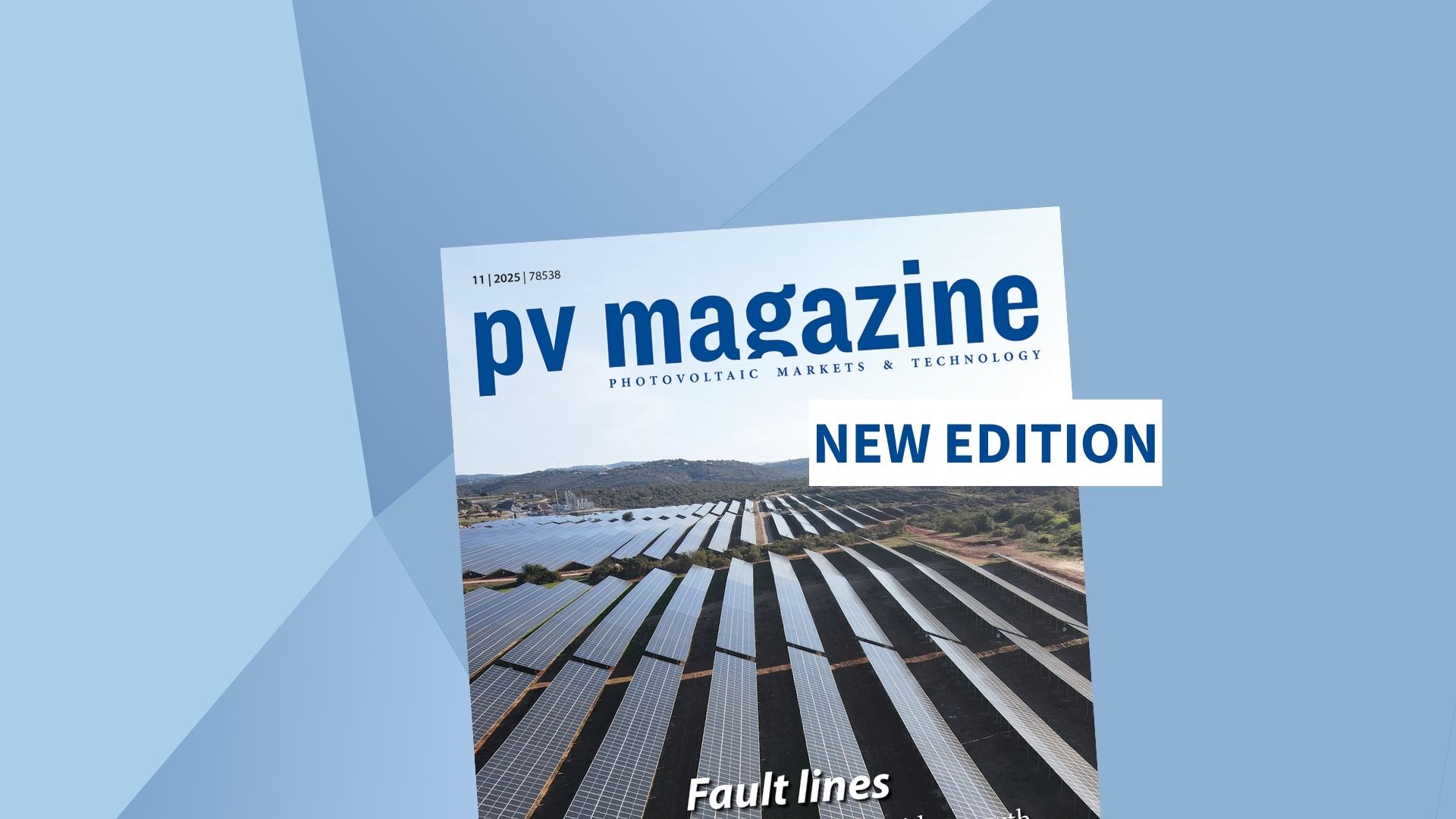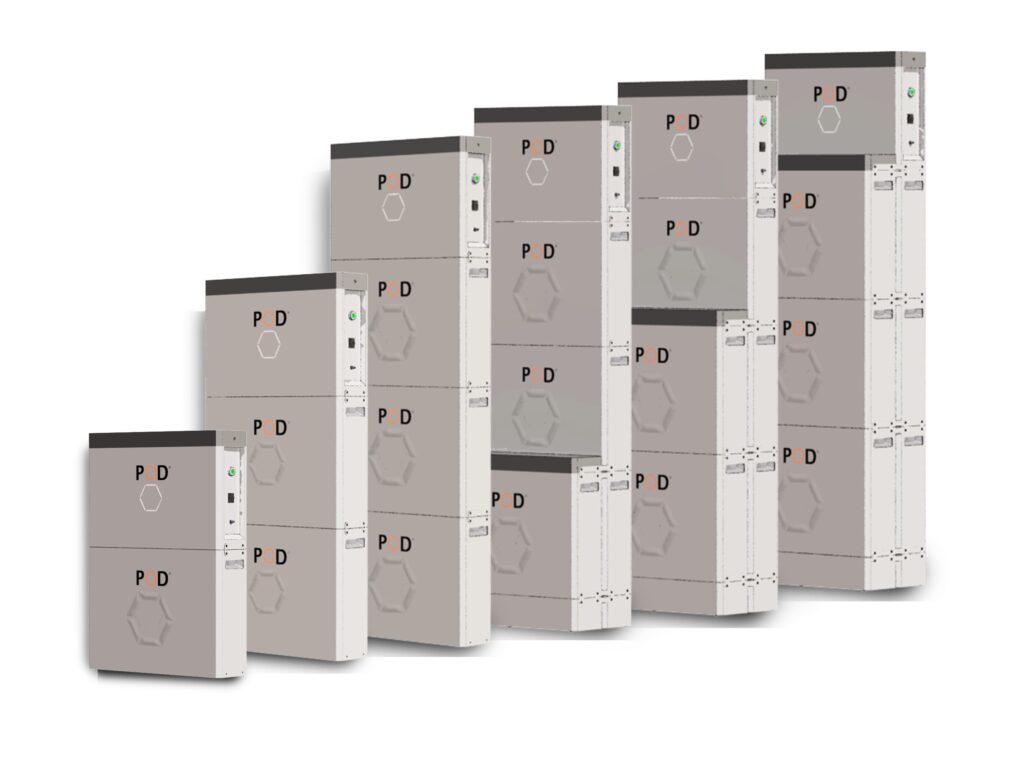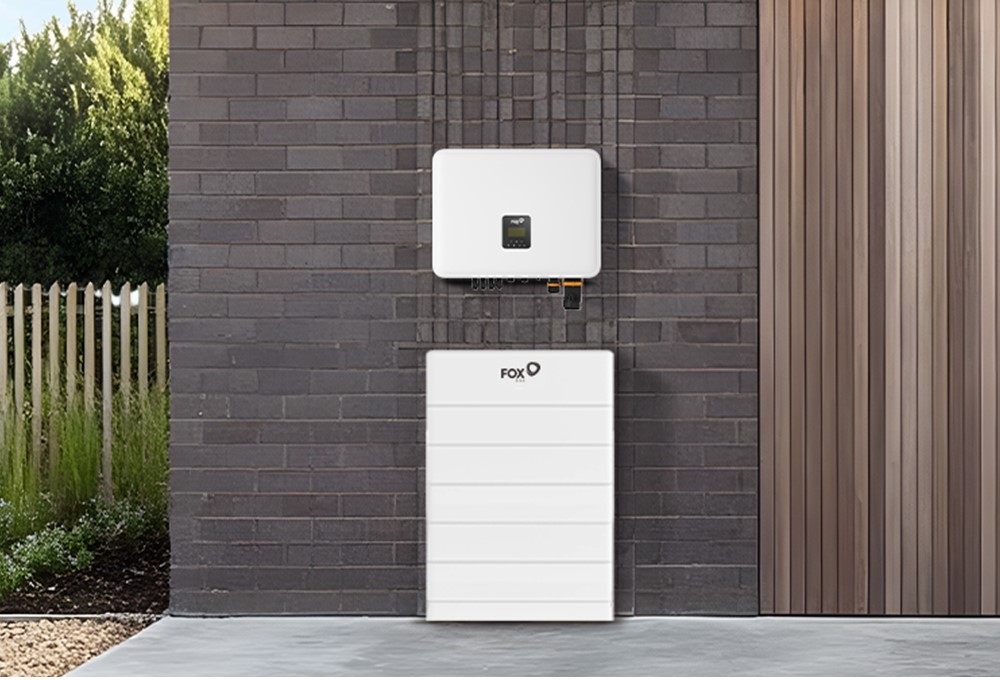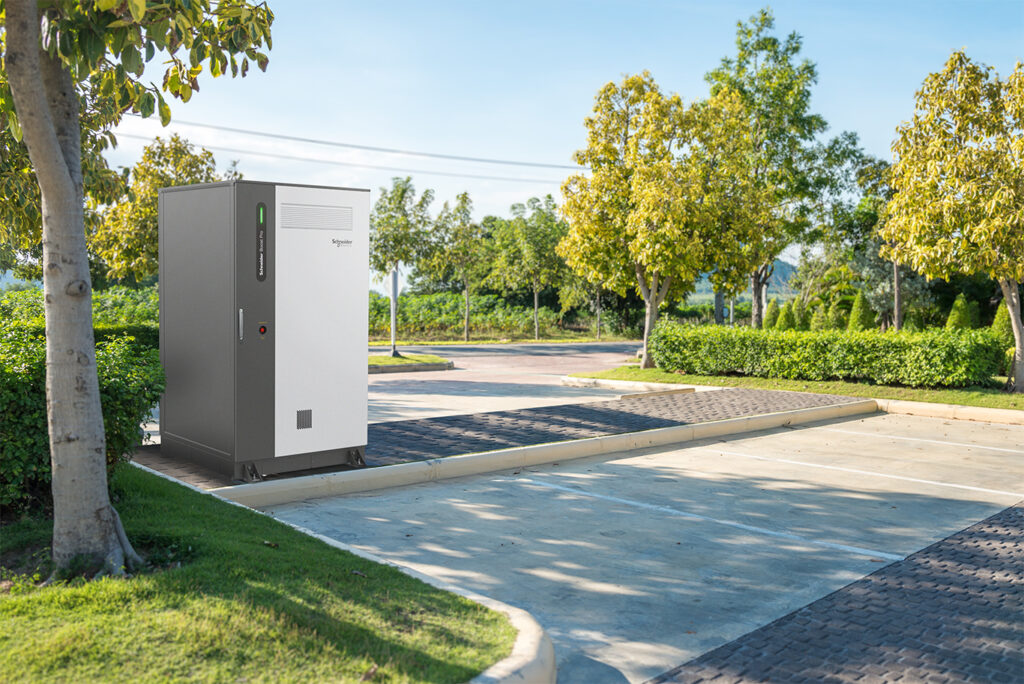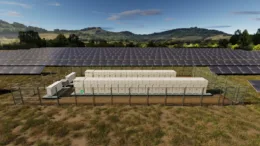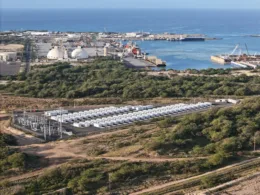Delta Green and E.ON offering $234 a year to households for grid flexibility
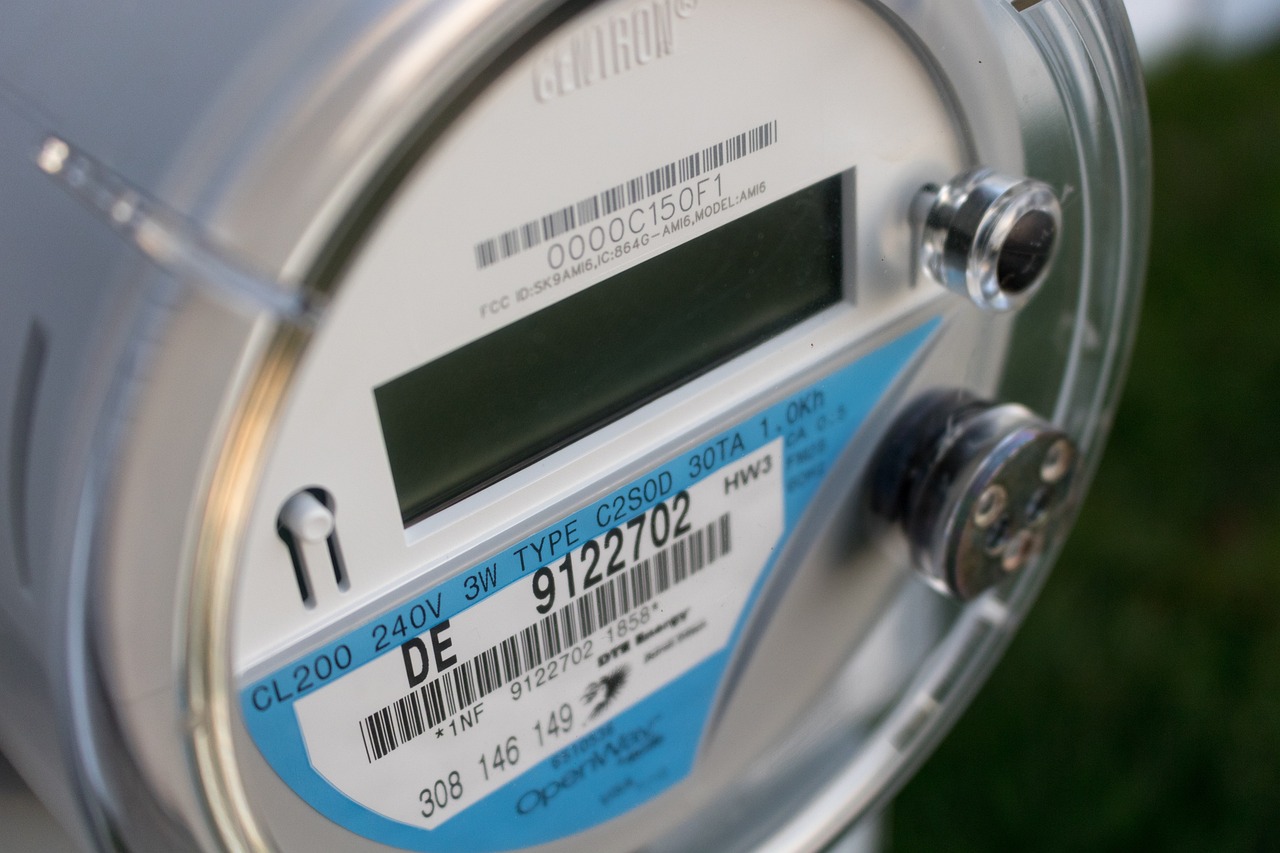
Startup Delta Green has partnered with E.ON Czechia to deploy its residential flexibility platform, offering households a new way to earn income by adjusting energy usage in response to grid demand.
The collaboration, recently rolled out in the Czech Republic, enables participating E.ON Czechia customers to earn up to €200 (USD 234) per year. The system taps into flexible loads such as home batteries, electric vehicle chargers, and solar export, using automated signals to shift usage or supply energy when prices peak or the grid requires balancing.
Delta Green, which comes from Central and Easten Europe (CEE), doesn’t depend on proprietary in-home hardware, and instead takes a software-first approach. In most cases, the setup can be completed remotely, while outliers can use a small plug-in device, described as roughly the size of a “chocolate square.”
The lightweight integration is aimed at lowering the barrier for customer participation, a major obstacle for demand-side response programs.
Claudia Viohl, CEO of E.ON Czechia, described the initial results as “an above-expectations success,” pointing to strong early adoption and performance. This follows Delta Green’s prior onboarding of two other energy suppliers in the region.
As of March, Delta Green became the first company in CEE to enable residential participation in grid balancing services for transmission system operators. The company pointed out in a release that this step is important given Europe’s demand for energy flexibility is projected to more than double by 2033, according to multiple system outlooks.
The financial upside for residences is not enormous but significant for many familes, depending on their electrical assets in their houses and apartments. But the grid-scale effects from the cumulative approach offers significant expected overall system stability improvements, along with boosting decarbonization efforts.


